A new report carried out by WWF finds that global wildlife populations have decreased, on average, by 69% since 1970. Let’s explore the findings of the WWF Living Planet Report 2022 and what they mean for our planet.
WWF Living Planet Report 2022
Key Findings of the Living Planet Report
Climate change and a loss of biodiversity are creating an emergency for our planet.
The Living Planet Report warns that change of land-use is currently the biggest threat to nature, threatening the natural habitats of plant and animal species on land and in water, yet if we’re unable to limit warming of the planet, climate change is likely to become of the biggest cause of biodiversity loss.
The report finds that global wildlife populations decreased, on average by 69% between 1970 and 2018. The greatest regional decline took place in Latin America, with an average 94% population decrease. Freshwater species populations decreased by 83% - the biggest overall global decline.

What Are Some of the Impacts of Climate Change?
Climate change has already resulted in the first extinctions of entire species:
- The golden toad went extinct in 1989 due to an increasing number of days without fog in the Costa Rican cloud forests.
- The Bramble Cay melomys (a small rodent) went extinct in 2016 after rising sea levels and heavy storms caused flooding, destroying its food and nesting sites.
A warming planet caused by climate change has brought good news to some species, which in turn causes more problems:
- Beetles and moths that attack trees are thriving with warmer winters, causing many trees to be destroyed in North America and Europe.
- Insects and worms that cause diseases in humans and wildlife have moved to new areas, causing new diseases to emerge in the high Arctic and Himalayan highlands.
Climate change is also changing the functioning of ecosystems, thereby creating more warming e.g. increased wildfires, trees dying, and tundra permafrost thawing all release more carbon dioxide into the atmosphere. Once a tipping point is reached, our planet will continue to warm at a high rate due to the irreversible damage.
A Focus on Sharks and Rays
Sharks and rays are important for the health of our oceans, but their populations have declined by 71% over the last 50 years, mainly due to fishing. They’re increasingly used for meat, for medicinal purposes, or for use in food dishes.
The Whitetip Shark has declined by 95% and has been moved from Vulnerable to Critically Endangered on the IUCN Red List.
The loss of sharks and rays can cause huge problems for other species, creating significant changes to food webs. In addition, sharks and rays are important to local communities and economies that rely on fishing. Putting catch limits in place will help to rebuild populations to sustainable levels, helping to secure the future of these predators, plus the ecosystems and people that rely on them.
Learn more about the environmental pressures of a shark.

What Can Be Done?
The Living Planet Report states that we need nature positive by 2030, i.e., more nature by the end of the decade than at the start: more fish, more pollinators, more biodiversity. Their aim is that a nature positive by 2030 goal will disrupt sectors that are key to nature loss, including agriculture and forestry, to move towards sustainable production and consumption.
“This edition of the Living Planet Report confirms the planet is in the midst of a biodiversity and climate crisis, and that we have a last chance to act. This goes beyond conservation. A nature-positive future needs transformative - game changing - shifts in how we produce, how we consume, how we govern, and what we finance. We hope it inspires you to be part of that change" - Marco Lambertini, Director General, WWF International.
We aim to be part of the change the planet needs. We donate to environmental nonprofits for each order placed and fund the planting of trees. Shop now.



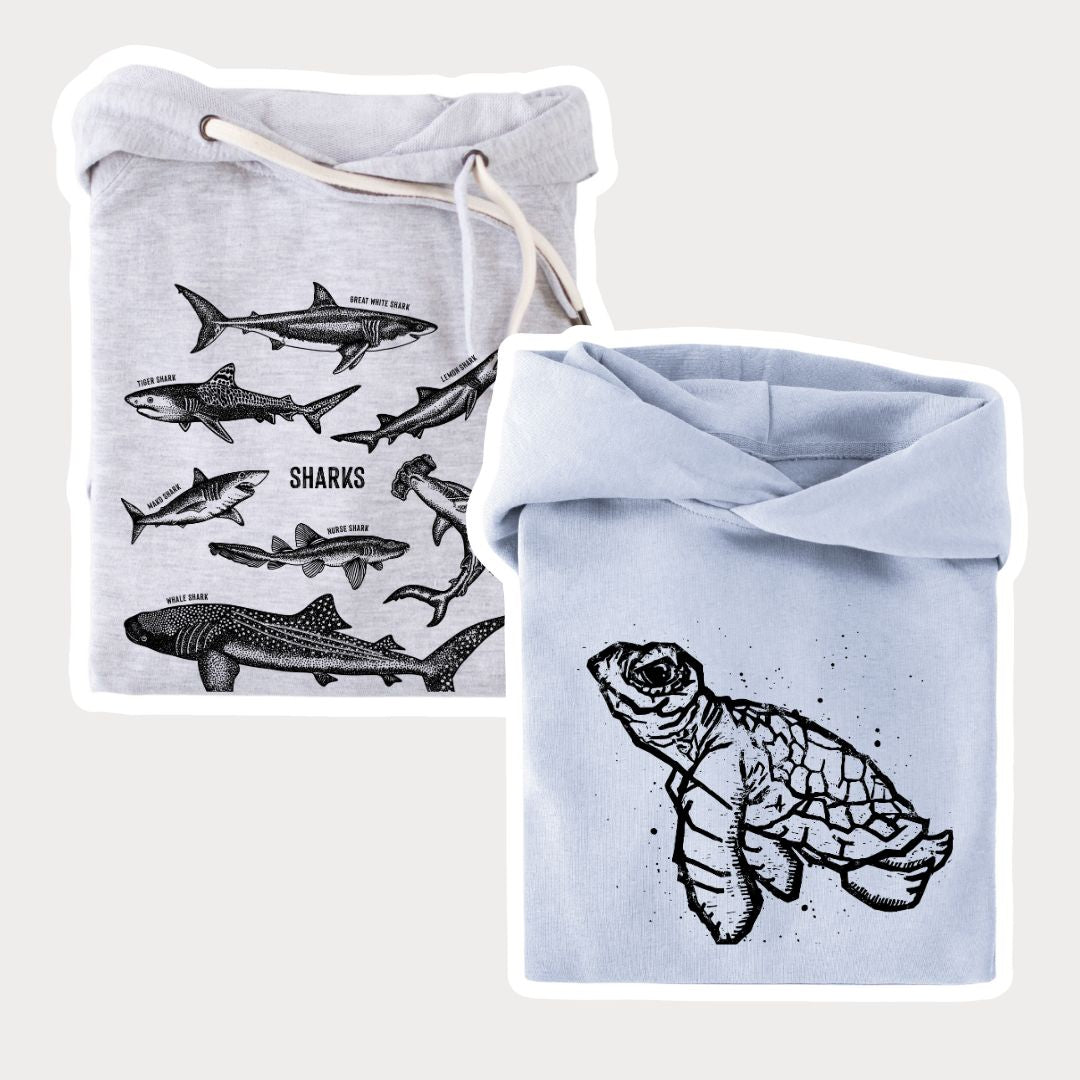


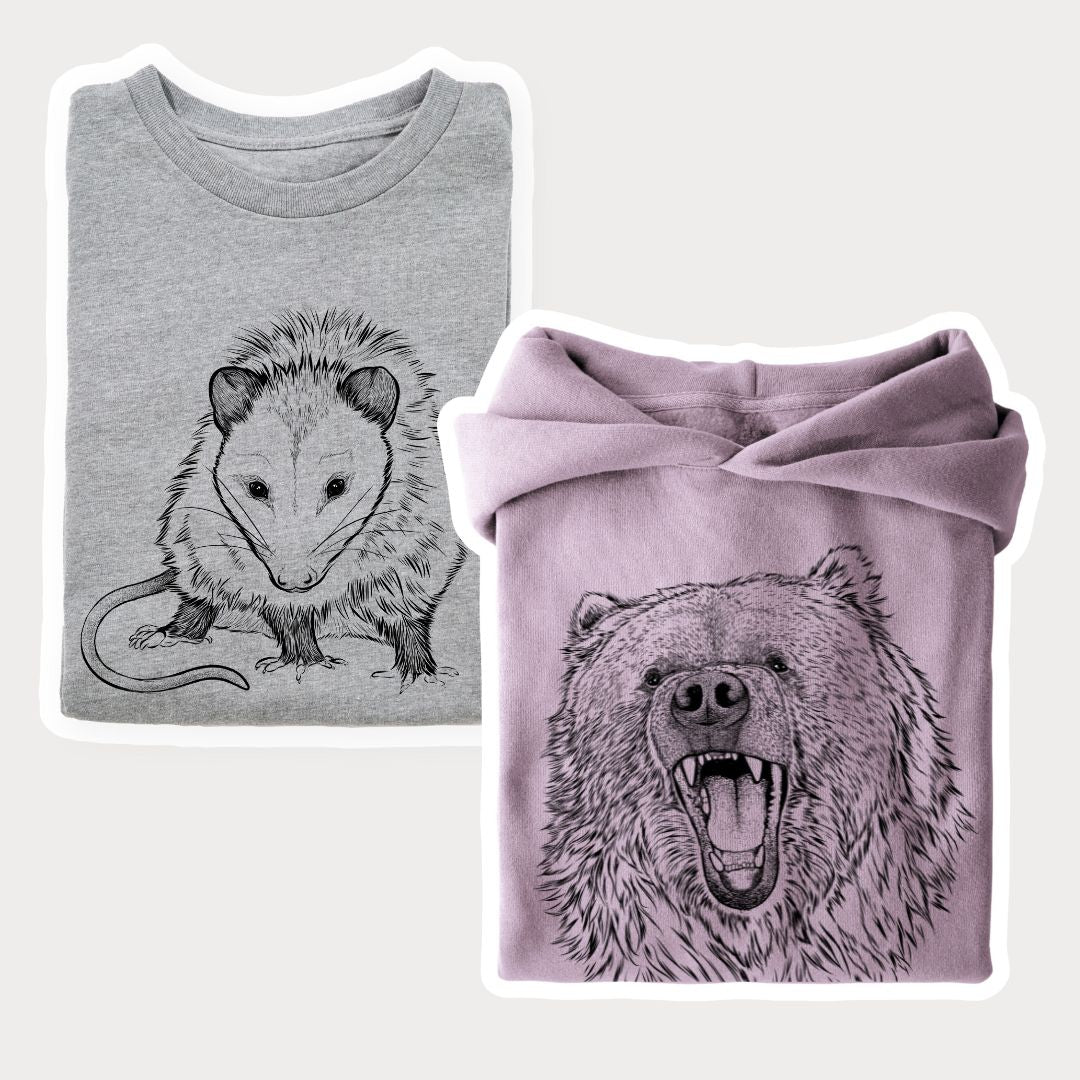




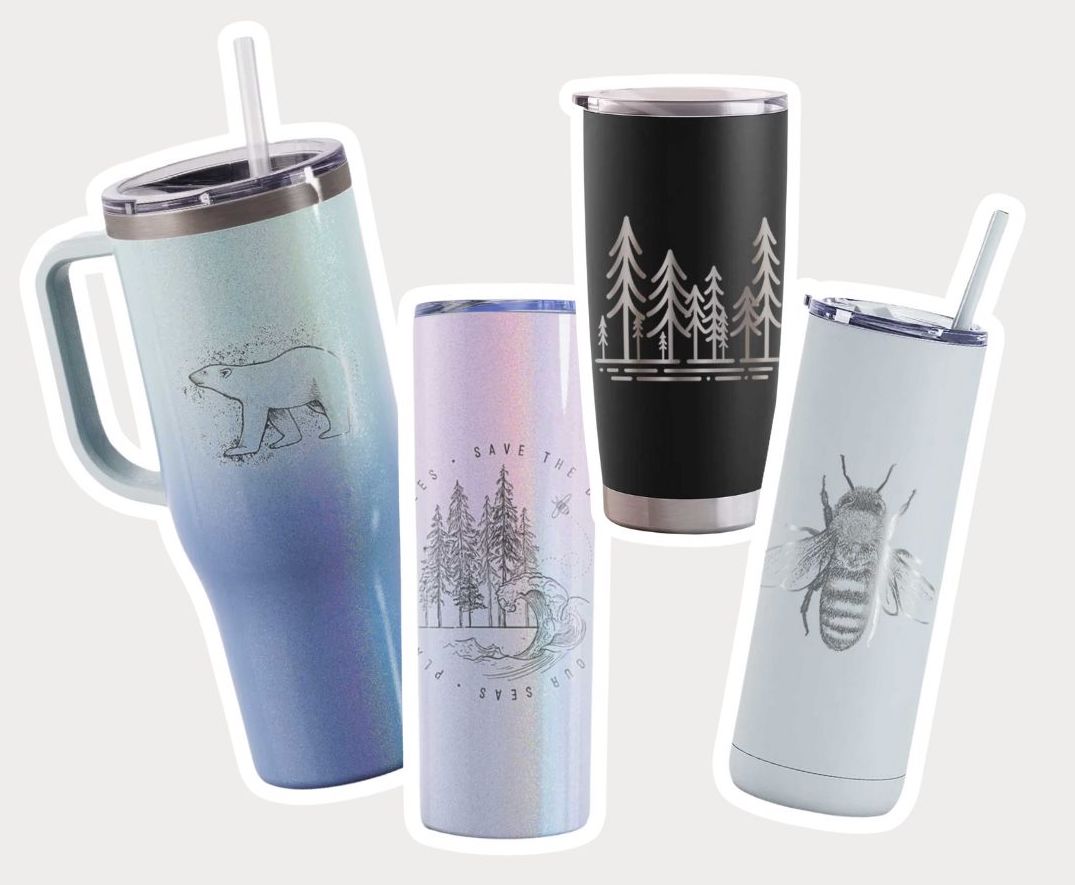


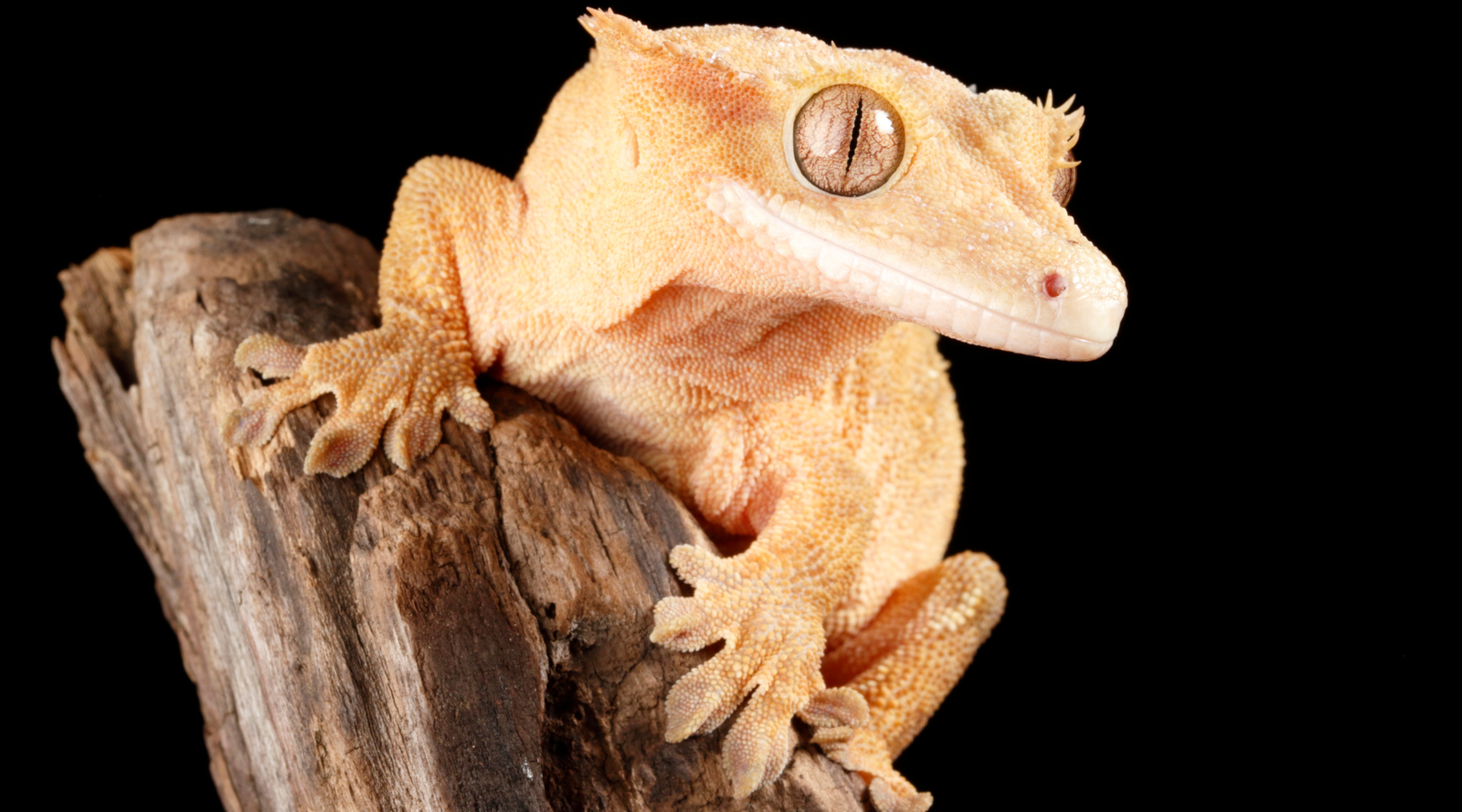
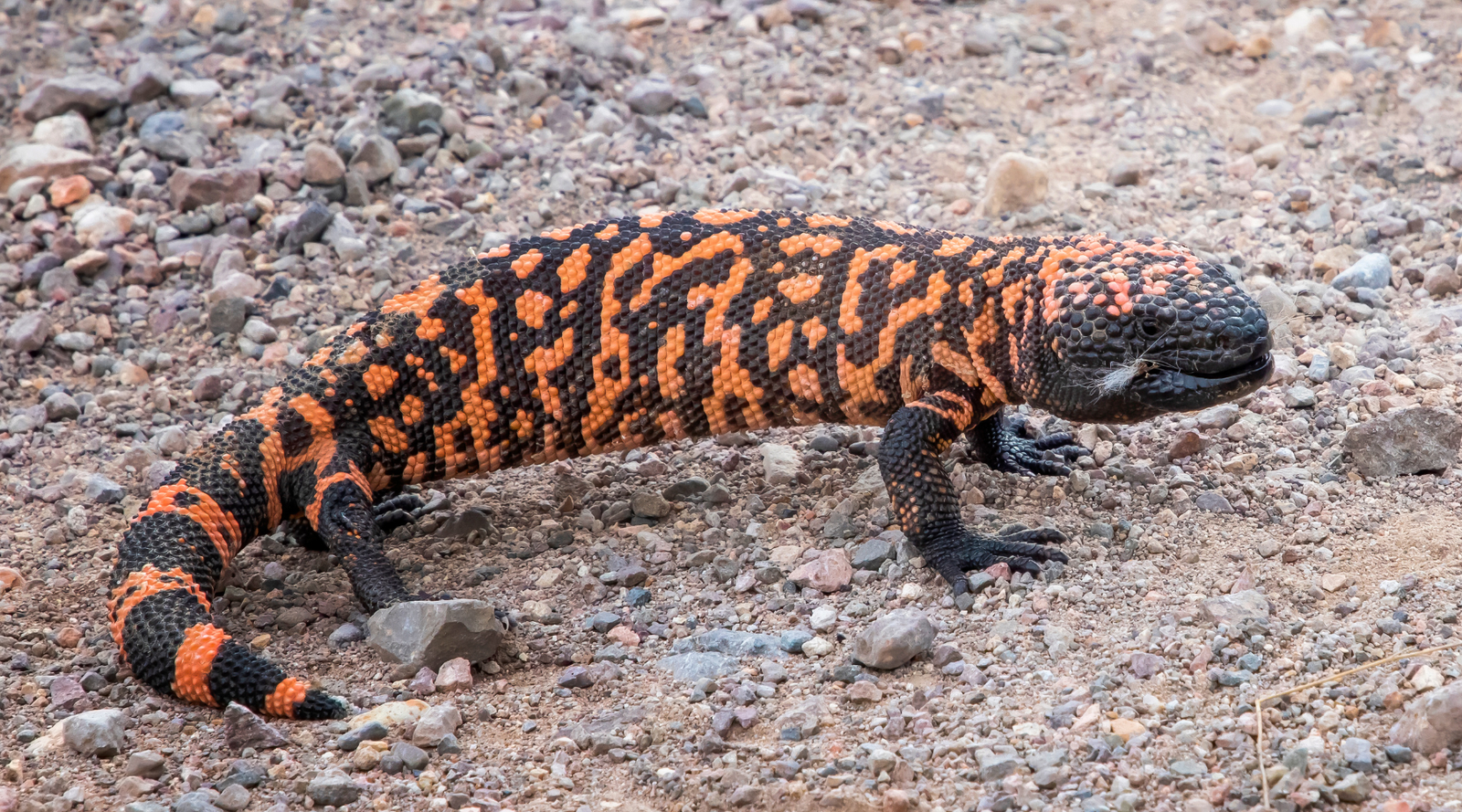
Leave a comment (all fields required)